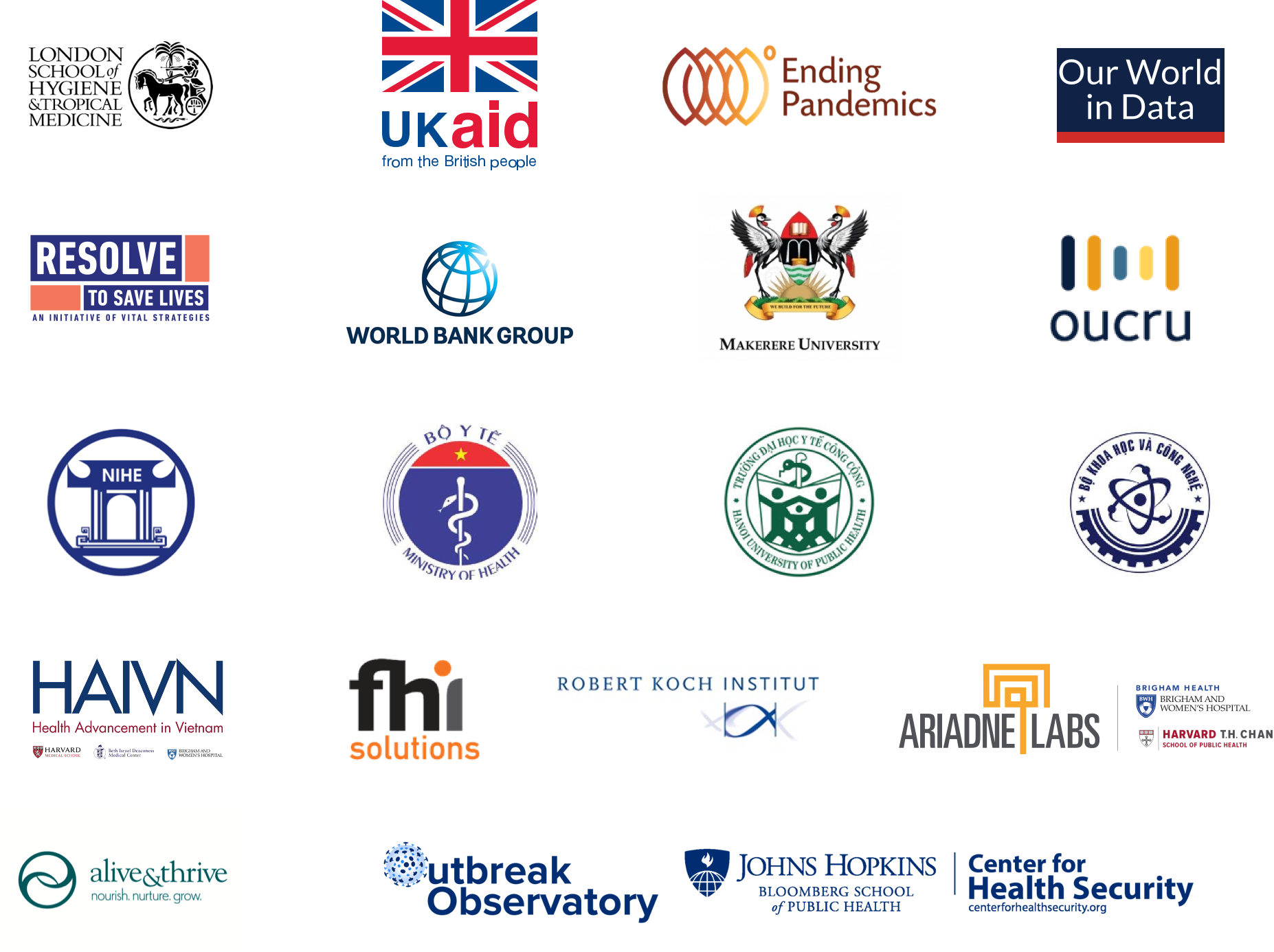Epidemic Preparedness & Response
Epidemics Curve
To help global health leaders respond to COVID-19 effectively, EGH joined with partners to identify lessons learned from COVID-19 so far and from previous outbreaks of other diseases.
QUICK DOWNLOADS
Epidemic Preparedness & Response 101
As the COVID-19 pandemic continues to take a devastating toll, experts are asking how the world could have acted differently to save lives and minimize the economic impact. The answers to these questions are not merely of academic interest; in our rapidly globalizing world, the threat of disease outbreaks and epidemics is greater than ever. By identifying which countries have reacted most effectively to outbreaks, and by studying their experiences to identify best practices, we can save lives in the future.
Exemplars in Global Health has therefore launched a special project in epidemic preparedness and response. To provide useful information as quickly as possible, we are not following our standard methodology for other program areas, which involves a multi-year process rigorously identifying exemplar countries and conducting novel in-country research. Instead, we are leaning on our deep partnerships with experts to curate and synthesize information on the most essential learnings at this point in the unfolding COVID-19 pandemic. In doing so, we aim to provide a lens to help evaluate the constantly evolving, and often overwhelming, information landscape as well as some examples of emerging successes through this lens. In the next phase of work, we will take the time to conduct primary research and qualitative and quantitative analyses of best practices with academic partners to identify, true exemplars in COVID-19 preparedness and response.
In all this work, we will be guided by a four-part framework for thinking about epidemic preparedness and response, which is based on a framework developed by the Global Health Security Index project.
It is essential to think about how the parts of the framework fit together. Effective action during earlier stages can save resources during later stages. If a country invests in prevention, there may be no outbreak to contain. Similarly, if containment is effective, a country will minimize the effort needed to treat appropriately. On the other hand, if a country is less successful at any given stage, the next stage will tend to be more costly and difficult.
Prevention should happen continuously, with ongoing improvements to the process based on the most recent methodologies and technologies.
Detection is key to containment. The sooner an outbreak is detected, the more targeted containment measures can be. If a disease spreads widely before it is detected, or if targeted containment measures are delayed, more extensive measures may become necessary, such as those we are seeing now to “flatten the curve” of COVID-19. Ultimately, the objective of detection and containment is to limit the number and rate of infections to keep people healthy and alleviate stress on health systems.
Treatment is required when an outbreak is not successfully contained at an early stage and becomes an epidemic. In these cases, health systems may have to “surge” to meet new demands while maintaining the ability to perform their core functions. An effective response can limit the number of deaths during an epidemic.
At the conclusion of an epidemic, this process works in reverse. When a health system is able to provide care for the sick without surging, the treatment stage ends. At this point, a country must continue taking containment measures to ensure the disease does not flare up again. When the disease is fully contained, a country must continue conducting surveillance to detect possible outbreaks. At all times, a country must maintain its investments in prevention, with the goal of avoiding the necessity of further investments in detection, containment, and treatment.
Our Collaborators

READ MORE
Partner Case Studies
Additional Resources
DISEASE OVERVIEWS

Learn More

Ask an Expert
Our team and partners are available to answer questions that clarify our research, insights, methodology, and conclusions.
